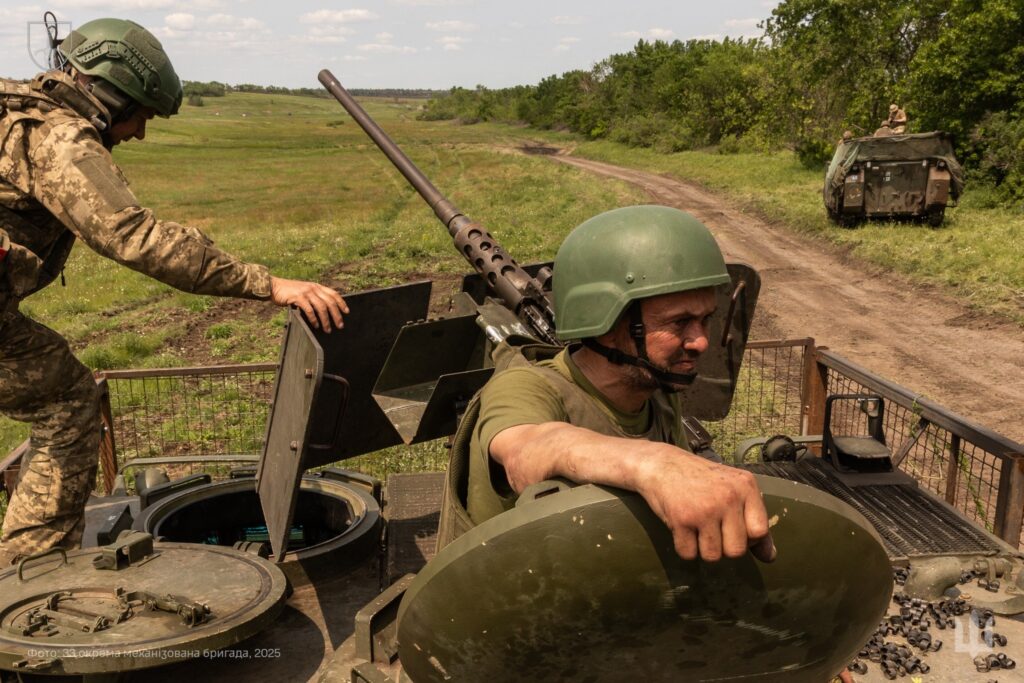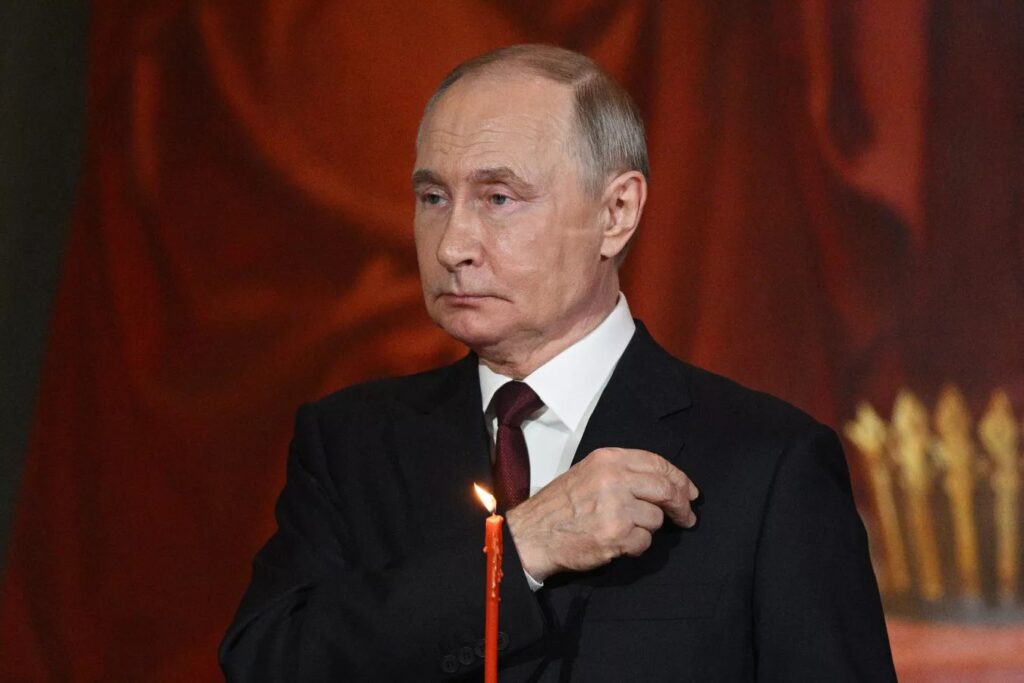Polish man tried to swim from Estonia to Russia on inflatable mattress to join Putin’s army. He was detained

A Polish man attempted to join Putin’s army by swimming across an Estonian river on an inflatable mattress. Estonian border guards stopped him. Now he is arrested.
Since 2022, Estonia has taken a very strong and active stance in support of Ukraine amid the Russian war of aggression. Estonia knows what Russian occupation looks like. The Baltic nation endured Soviet rule from 1940 to 1991—a period of repression and forced migrations that many Estonians haven’t forgotten. Estonia provided extensive military support, training over 1,500 Ukrainian soldiers and supplying hundreds of millions of euros in weapons including Javelin missiles and artillery ammunition. For Estonians, supporting Ukraine isn’t just about international law—it’s about preventing Putin from recreating the Soviet empire that once controlled their own country.
The 49-year-old was caught last week trying to cross the Narva River, which separates Estonia from Russia, according to RMF24. His plan? Float across on a mattress and enlist in Russian forces fighting Ukraine, according to prosecutors.
The Polish citizen had traveled to Estonia from Serbia and was carrying items that demonstrated support for Russian military actions in Ukraine—possibly a St. George ribbon or the letter “Z” that Russian supporters display.
Can foreigners just decide to join Russia’s military? Not through Estonia. The country’s internal security service treats this as a criminal act under national law.
“Joining the army of the Russian Federation indirectly threatens the security of Estonia, as well as all European Union member states,” prosecutor Gardi Anderson told reporters.
The Viru district court ordered two months detention. Why so long? Prosecutors argued the man might flee or try crossing again if released immediately.
Estonian Internal Security Service spokesperson Marta Tuul explained their approach:
“To prevent such actions, we also prosecute citizens of other states who try to support Russia’s military actions through Estonia.”
What happens next? The Polish citizen faces charges under Estonian law that criminalizes participation in foreign acts of aggression. His case could set precedent for how Baltic states handle similar attempts to reach Russian military recruiters.

